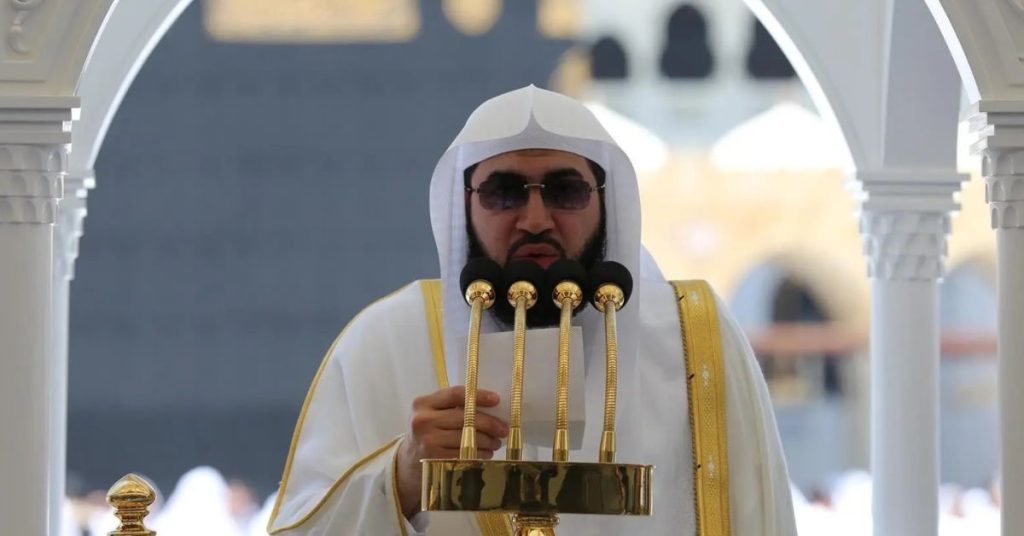Friday Sermon from Masjid al-Haram – 6 Shawwal 1446 AH
By: Sheikh Dr. Bandar bin Abdulaziz Balilah (May Allah protect him)
Imam and Khateeb of Masjid al-Haram
Ramadan is a station for the soul, a school for change, a gateway for elevation, and an opportunity for all kinds of goodness. All the acts of worship that were emphasized in Ramadan remain open for competition even outside of it.
Continuity in worship and consistency in obedience are among the signs of acceptance, and the Prophet Muhammad (peace be upon him) indicated this and emphasized it in the Qur’an and in his sayings. He said:

“The most beloved deeds to Allah are those that are consistent, even if small.” (Bukhari & Muslim)
When Aisha (may Allah be pleased with her) was asked, “Did the Prophet (peace be upon him) single out any days for worship?” she said, “No, his actions were consistent. And who among you can do what the Prophet (peace be upon him) did?”
Even if the act of worship is small, it is accepted when done regularly. Many companions disliked interrupting a habit of good deeds. Aisha (may Allah be pleased with her) said, “The Prophet (peace be upon him) loved actions that were consistent.” Imam al-Nawawi said, “This hadith supports being consistent in deeds, even if small.” And Imam Ibn Rajab added, “Little that is continuous is better than a lot that is cut off.”
Consistency in small deeds protects one from major abandonment. The servant is either progressing or regressing in his relationship with Allah. As the Prophet (peace be upon him) said:
“Whoever’s two days are the same, he is at loss.”
After Ramadan, there are still opportunities: like fasting six days of Shawwal, as the Prophet (peace be upon him) said:
“Whoever fasts Ramadan and follows it with six days from Shawwal, it is as if he has fasted for a lifetime.” (Muslim)
And also other deeds like maintaining good character and continuing night prayer.
If Allah wants good for a servant, He makes the path of obedience easy for him, plants steadfastness in his heart, and opens the gates of good for him. Imam Ibn al-Qayyim said:
“When Allah draws a servant close to Him, He opens the doors of obedience, closes the doors of sin, and makes him long for His closeness.”
In such cases, the person becomes hopeful and optimistic. He leaves sin with regret and approaches obedience with joy. He waits for the next prayer, the next chance to repent, and the next moment to draw nearer to Allah. He says:
“O Allah, if You do not accept me in this state, then when will You accept me?”
Among the greatest ways a servant seeks help is through supplication. Allah has promised to answer:
“And when My servants ask you about Me – indeed I am near. I respond to the call of the supplicant when he calls upon Me.” (Quran 2:186)
The Prophet (peace be upon him) used to pray:
“O Allah, O Controller of the hearts, keep my heart firm upon Your religion.”
And when Umm Salama asked: “O Messenger of Allah, do hearts change?”
He replied: “Yes, they are between the fingers of Allah. He turns them as He wills.”


